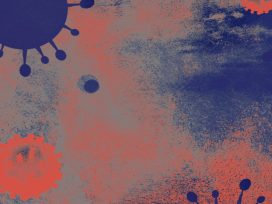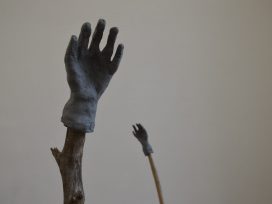
With new variants mutating around the globe, COVID-19 is no longer a novelty. The pathogen is seemingly here to stay, inducing social, political and economic turmoil. This is not a crisis to emerge from quickly. It is a prelude to further emergencies linked to climate change-related transformations and environmental destruction. How will societies deal with its tangible effects? And which issues might be perilously left by the wayside? In this new focal point, supported by the European Cultural Foundation’s Culture of Solidarity programme, Eurozine and partners take stock of this public health crisis and its accompanying crises of values and meaning.




